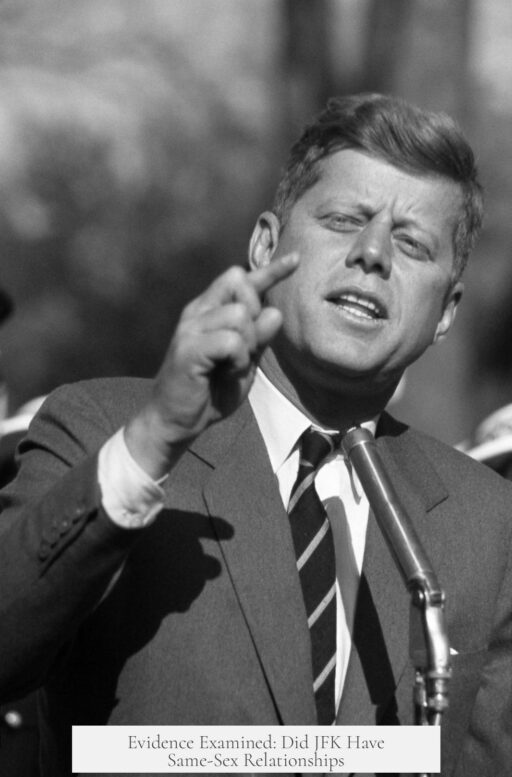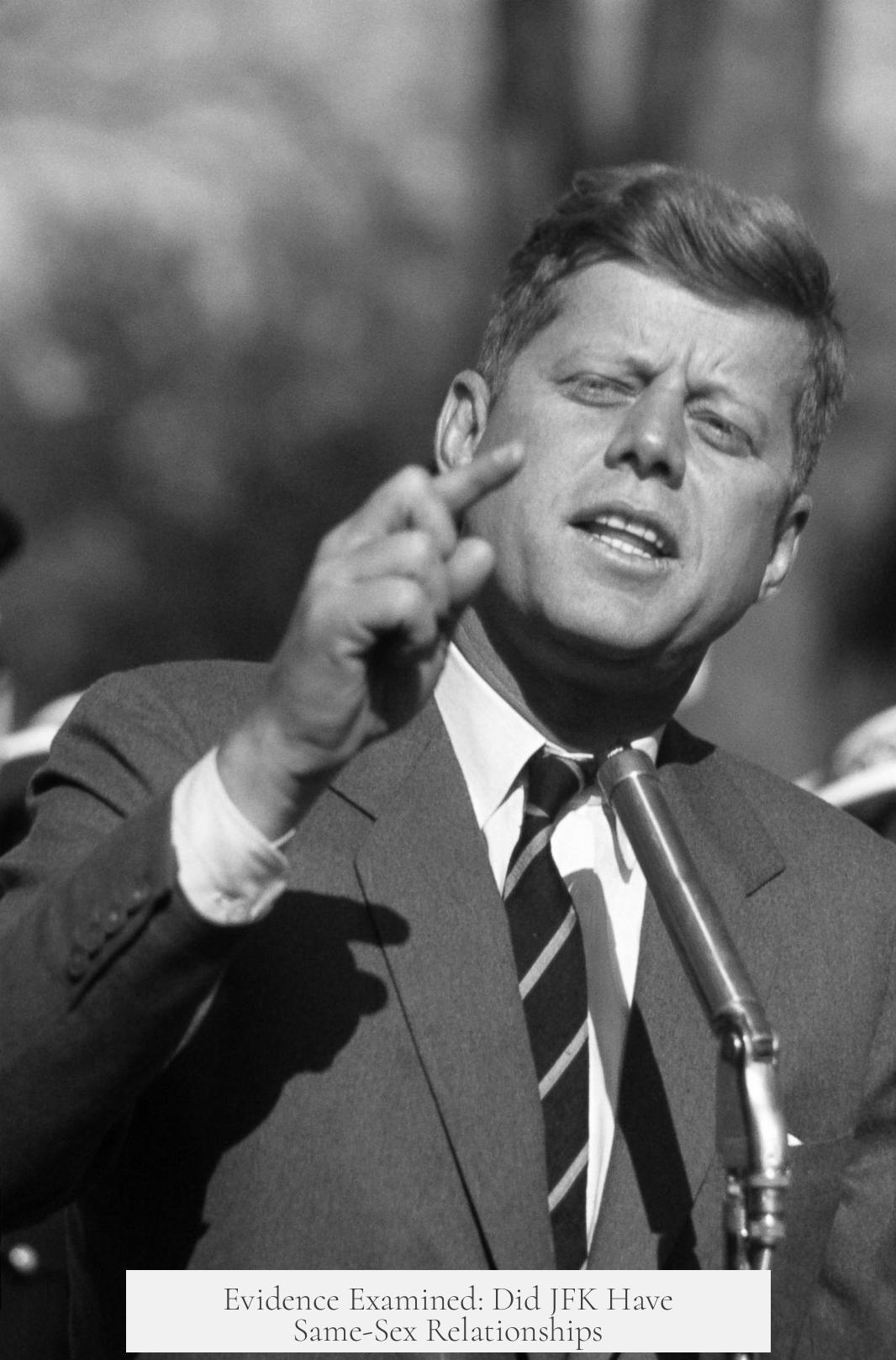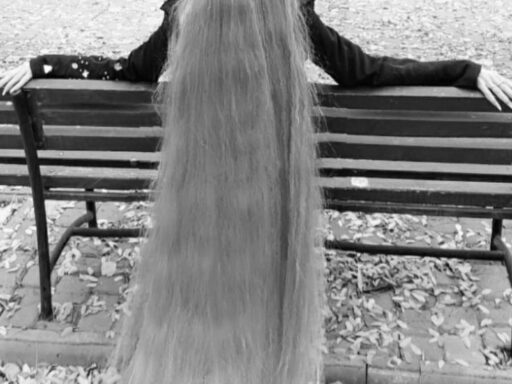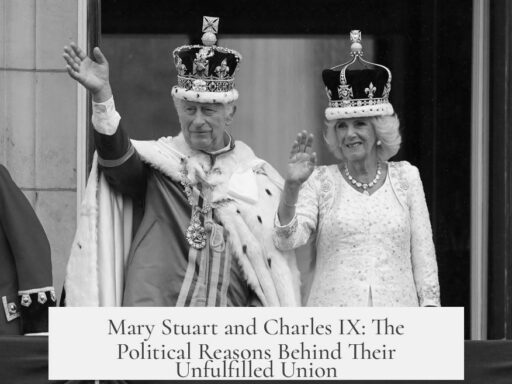There is no concrete evidence that John F. Kennedy was gay. The relationship between JFK and Lem Billings, a lifelong friend, is the main basis for speculation but points mainly to a close, one-sided friendship rather than a romantic or sexual one.
Lem Billings and JFK met in adolescence and maintained their bond throughout Kennedy’s life. Billings, who was openly gay, likely had romantic feelings toward Kennedy. However, such feelings were not openly reciprocated by JFK. For instance, a letter Billings wrote to Kennedy on toilet paper—a boarding school tradition for secretive messages—was met with Kennedy’s clear response: “Please don’t write to me on toilet paper anymore. I am not that kind of boy.” This suggests JFK rejected any suggestion of a shared same-sex interest.
Their friendship had unusual elements. JFK once took Billings to a prostitute so both could lose their virginity, but Billings did not follow through. Kennedy sometimes described his body in letters to Billings and allowed Billings to accompany him on dates, even when Kennedy was with a girlfriend. These details reveal an intense but largely one-sided attachment.
Besides their private history, the context matters. Boarding schools like Choate were all-male environments where sexual encounters or affection between boys were documented. However, it is important to avoid projecting modern labels or views on such behaviors. The era’s social dynamics framed these experiences differently. Scholars caution against interpreting that environment strictly through today’s lens of sexual identity.
Biographers such as Fredrik Logevall and David Pitts agree that there is no clear evidence of a romantic or sexual relationship between JFK and Billings. Billings was a devoted friend and part of Kennedy’s inner circle, but the idea of him as a lover or “live-in twink,” as some modern commentators suggest, lacks substantiation.
Key points:
- JFK’s friendship with Lem Billings was intense and lasted many years.
- Billings likely had unrequited romantic feelings, but JFK did not reciprocate.
- Boarding school traditions and environments can explain some behaviors without implying sexual orientation.
- No verified evidence supports JFK having same-sex relationships.
- Scholars emphasize cautious historical interpretation avoiding present-day assumptions.
Is There Any Actual Evidence Suggesting That JFK May Have Been Gay?
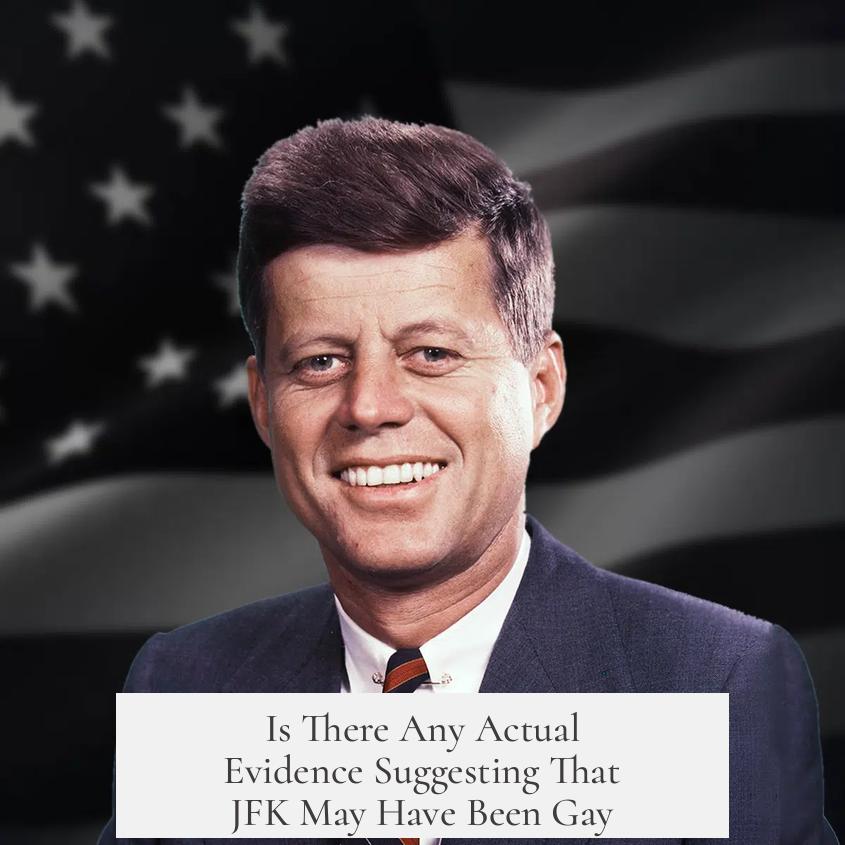
Was John F. Kennedy, the charismatic 35th President of the United States, secretly gay? It’s a question that pops up in cultural conversations now and then. Short answer: No conclusive evidence suggests JFK was gay. But the story behind this rumor is fascinating and worth unpacking.
Let’s dive into one of JFK’s closest lifelong friendships — with Lem Billings — to explore the origins and facts behind the whispers.
The Deep Friendship Between JFK and Lem Billings
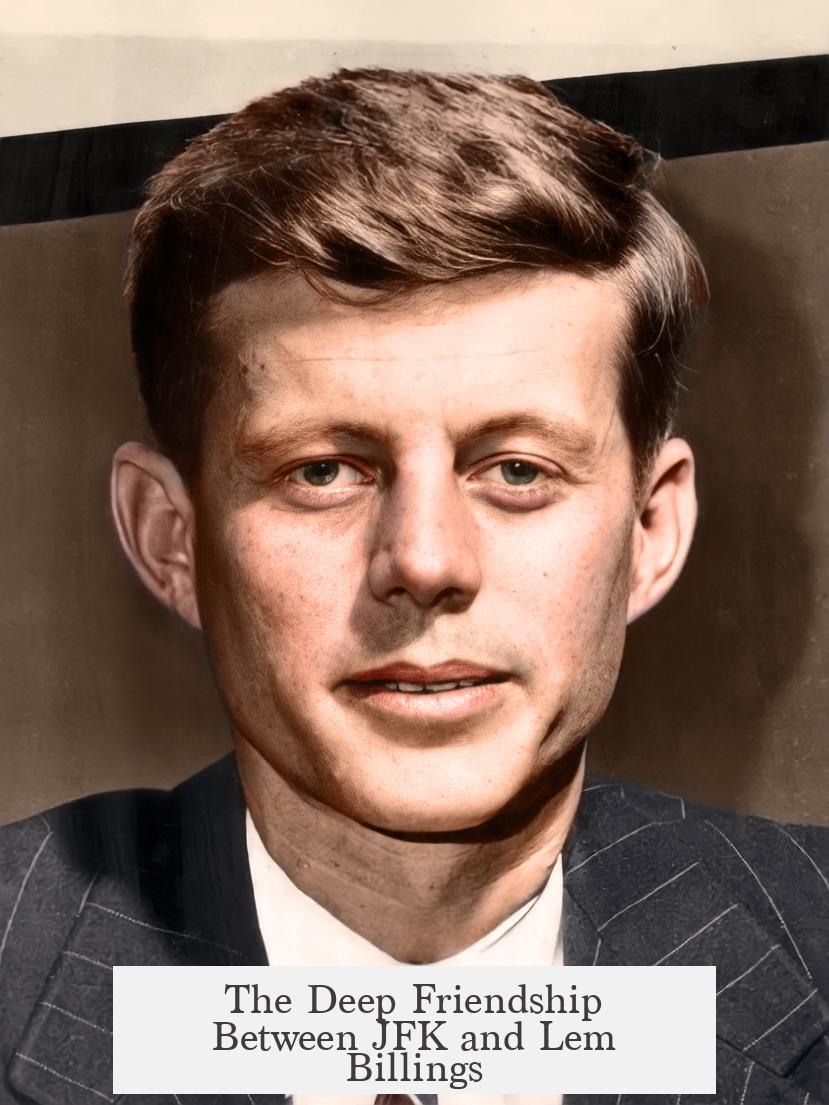
Lem Billings wasn’t just a run-of-the-mill pal. He was JFK’s longtime buddy, a friend from adolescent days who stuck around for life. Billings was openly gay, and it’s clear he likely harbored romantic feelings for Kennedy. But here’s the twist: evidence points to this affection being one-sided.
For example, in 1934, while JFK was laid up at a hospital, Lem sent him a letter. Not on fancy stationery, but on toilet paper — yes, toilet paper. This might sound odd today, but among British and American boarding school boys back then, writing secret notes on toilet paper was a clever tactic to keep things under wraps. The idea? Paper could be ripped up and tossed in a flush fast.
JFK’s handwritten response — preserved by Billings — read: “Please don’t write to me on toilet paper anymore. I am not that kind of boy.”
Bingo. That sentence alone kicks down the notion of JFK having a romantic or sexual interest in Billings. It’s a polite, yet firm boundary.
Unpacking the ‘Guy Stuff’ – Just Friends or Something More?
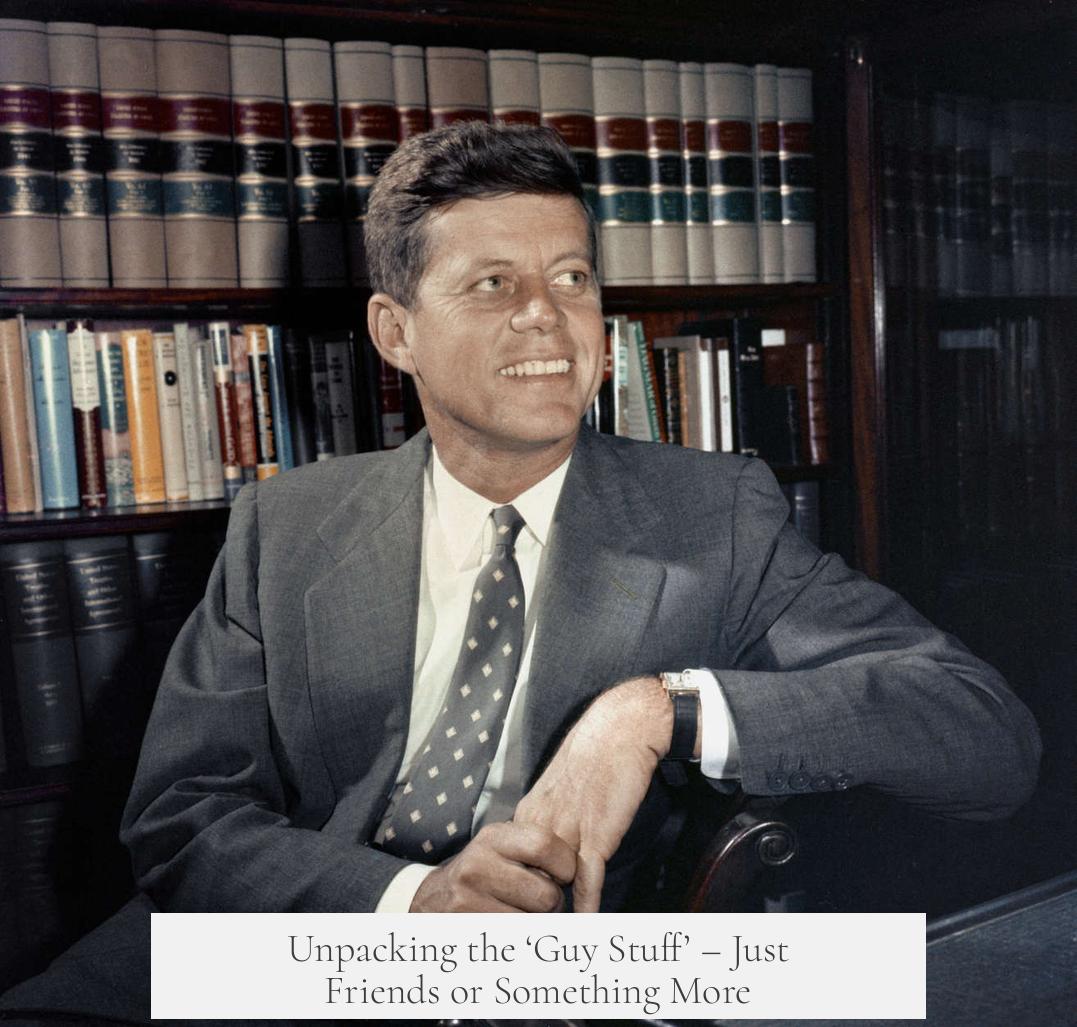
While JFK put his foot down on the toilet paper note, Billings and Kennedy’s relationship was layered with plenty of intimate “guy stuff” that might seem unusual by today’s standards. They hung out a lot, bonding over activities that blurred the lines between friendship and romance — at least from Billings’ side.
One eyebrow-raising example comes from 1934, early in their friendship: JFK took Lem to a prostitute. The plan was for both to lose their virginity together. Lem chickened out and waited outside, unable to go through with it.
JFK’s letters to Billings sometimes got surprisingly graphic, discussing his body and even his genitals. On the flip side, Billings played the role of a third wheel when JFK was out on dates. He’d tag along with the president while JFK made out with his girlfriends.
Was JFK aware of Billings’ attraction? Most sources say yes. But crucially, JFK never rejected or ostracized him. Instead, JFK cultivated these friendships intensely, often becoming the center to which admiration and devotion gravitated — sometimes without equal affection returned.
Understanding These Relationship Dynamics
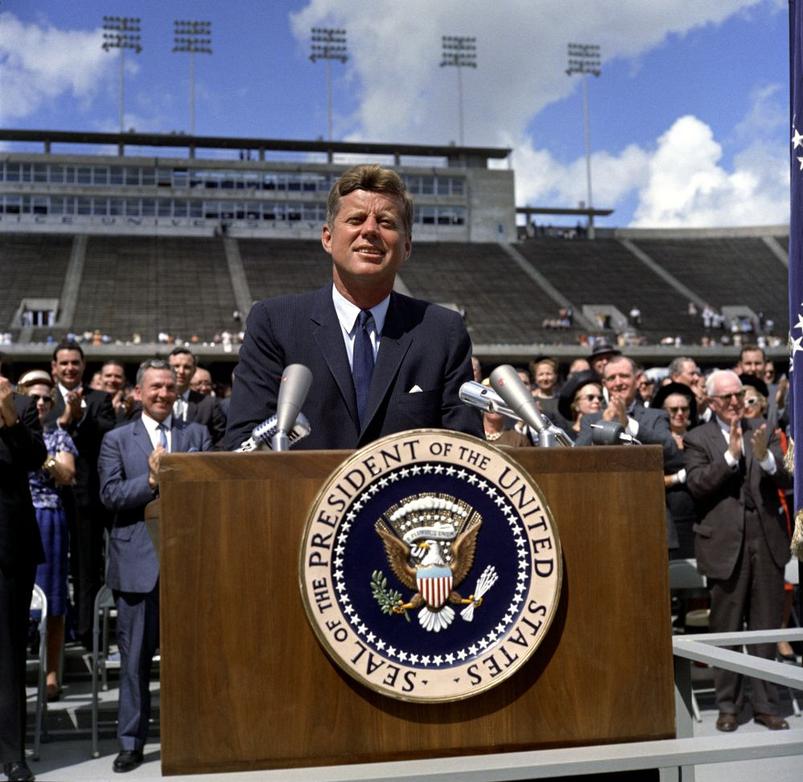
JFK appears to have expected deep loyalty from his inner circle but hesitated to give the same depth back. As a result, friends like Billings became admirers or courtiers rather than equals or romantic partners.
This dynamic suggests that while JFK formed strong emotional bonds with men like Billings, there is no concrete proof of romantic or sexual reciprocation. Billings was an important figure in JFK’s life, but not a lover.
Could JFK Have Had Other Same-Sex Encounters?
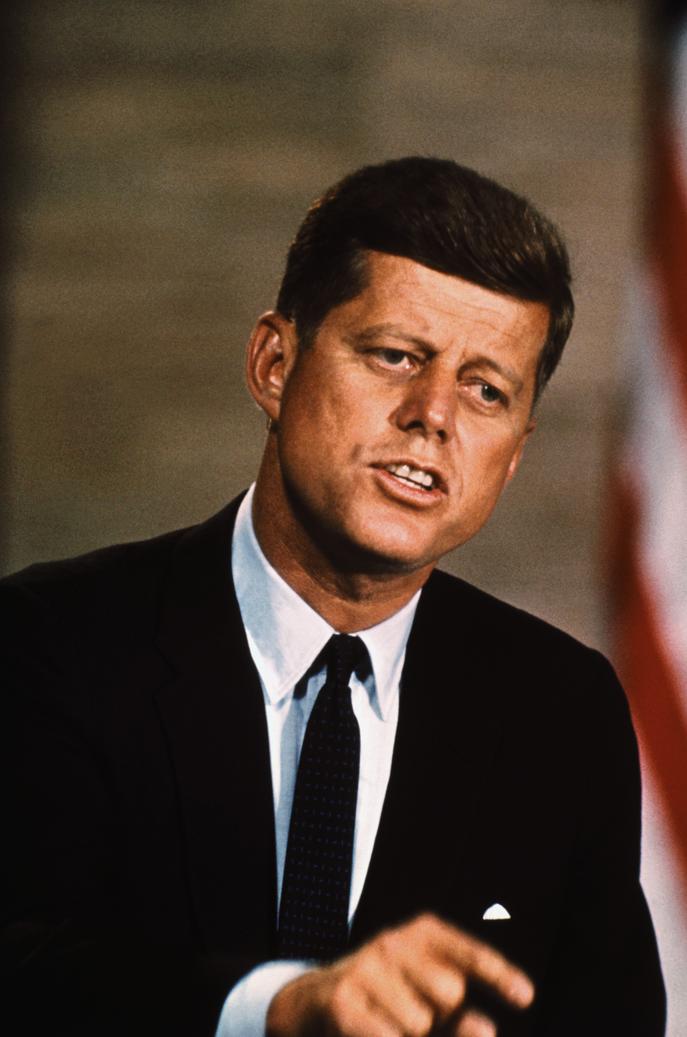
Setting the friendship aside, can we categorically rule out any same-sex exploration from JFK’s youth? Probably not. He attended Choate, an all-male boarding school where such encounters were reportedly common. It’s a gender-segregated world, and historical records show “boys will be boys” moments did sometimes extend beyond the purely platonic.
That said, caution is key. It’s easy for us today to look back through our 21st-century lenses and paint the past with broad strokes. What may seem “gay” behavior now, like boys sharing beds or affectionate friendships, may not have been interpreted that way in the 1930s.
Researchers warn against presentism—projecting current sexual identity concepts onto past generations. The social culture at Choate was different, and people did not necessarily self-identify as gay or straight like today.
So, What’s the Bottom Line?
Despite the intriguing closeness between JFK and Lem Billings, the full picture does not support the claim that JFK was gay. Billings was a significant figure in JFK’s personal life, but the evidence consistently portrays a one-sided attraction. JFK’s own words and actions place boundaries clearly.
Moreover, credible biographies and studies, like Fredrik Logevall’s JFK: Coming of Age in the American Century, 1917-1956 and David Pitts’ Jack and Lem: John F. Kennedy and Lem Billings: the Untold Story of an Extraordinary Friendship, offer nuanced views but find no solid proof of JFK’s homosexuality or romantic relationships with men.
What Can We Learn from This?
Friendships, especially intense lifelong ones, come in all shapes and flavors. JFK’s relationship with Billings shows the complexity of male friendships in earlier eras — often misread today. Maybe JFK wasn’t a secret gay icon, but he was open enough to maintain friendships that didn’t fit a simple mold.
Is it possible JFK experimented or had private moments? Perhaps, but without solid evidence, it’s mostly speculation. What matters more is how this story reminds us to look closely, avoid snap assumptions, and respect personal boundaries, even for public figures.
Curious about historical figures’ private lives? Want to challenge your assumptions about famous friendships? Let’s discuss! What do you think drives these rumors about JFK? How do we separate myth from history?
